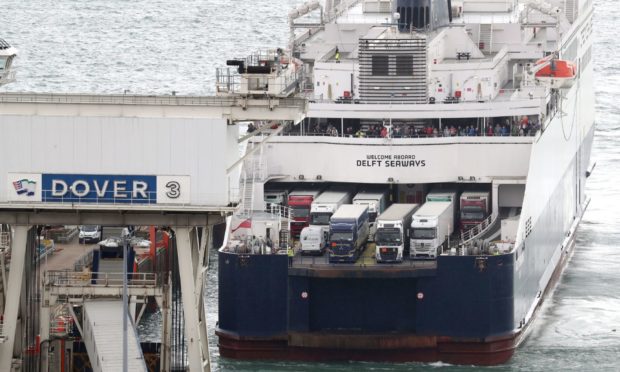Problems in exporting Scottish fish to the EU are the tip of an iceberg of problems linked to the government and EU failing to get systems working properly.
This was a cause of amusement for the Conservative Brexiteer, Jacob Rees-Mogg, but it is far from that for the industry.
A complex committee structure exists to tackle these problems, but there are signs the EU is not engaging to deliver speedy results.
This reflects a lack of enthusiasm to tackle problems it believes are of the UK’s own making, because it placed sovereignty above market access.
More fundamentally, the UK has not imposed the same tough standards on imports, meaning the EU is not suffering the same frustrations.
These and many other issues should be resolved in time, but the EU is determined to send a message to London that the UK will be treated the same as any other third country.
With problems around the movement of livestock from GB to Northern Ireland, it was confirmed this week that it was unlikely Ulster livestock would be at shows or sales, because of the uncertainty surrounding how to bring them back.
Meanwhile, European Commission president Ursula von der Leyen has called for global action on biodiversity, suggesting there is a case for a global agreement similar to the Paris accord on climate change.
Meat is one of the products constantly in the firing line over greenhouse gases, but a survey by the European Investment Bank and others has confirmed this is not high on the list of things people are prepared to give up to deliver climate change.
People were asked what would be the easiest thing to give up. Not surprisingly, given the impact of Covid-19, 40% said flying. This was followed by live streaming films at 18%, then meat at 16% and new clothes at a similar 15%.
The easiest thing to give up, people suggested, was their car. However catching Covid dwarfed concerns about the long-term impact of climate change.
This was the number one fear for 58% of Europeans, a figure likely to be higher now. The figures were higher for the US at 67% and for China at almost 80%.
